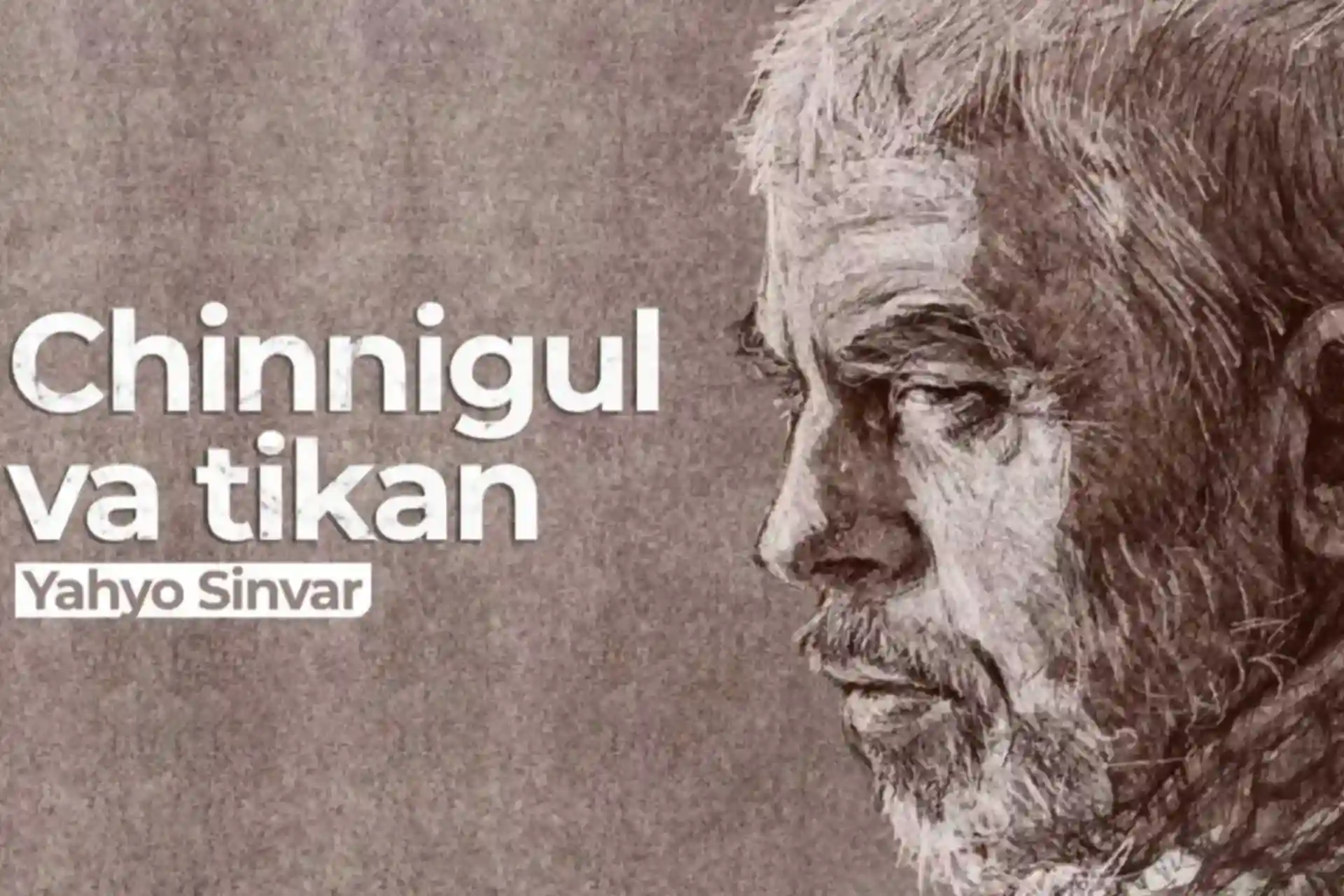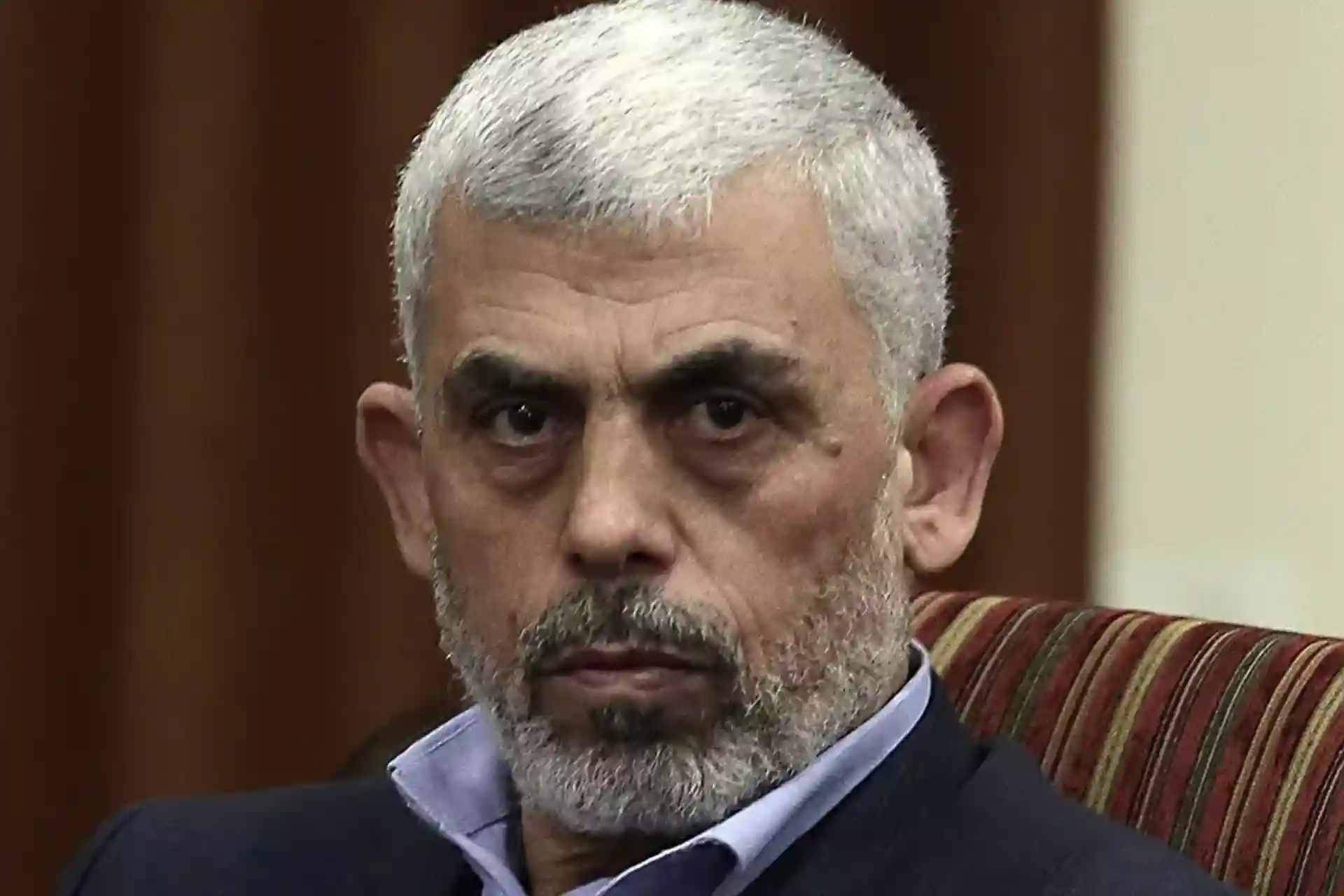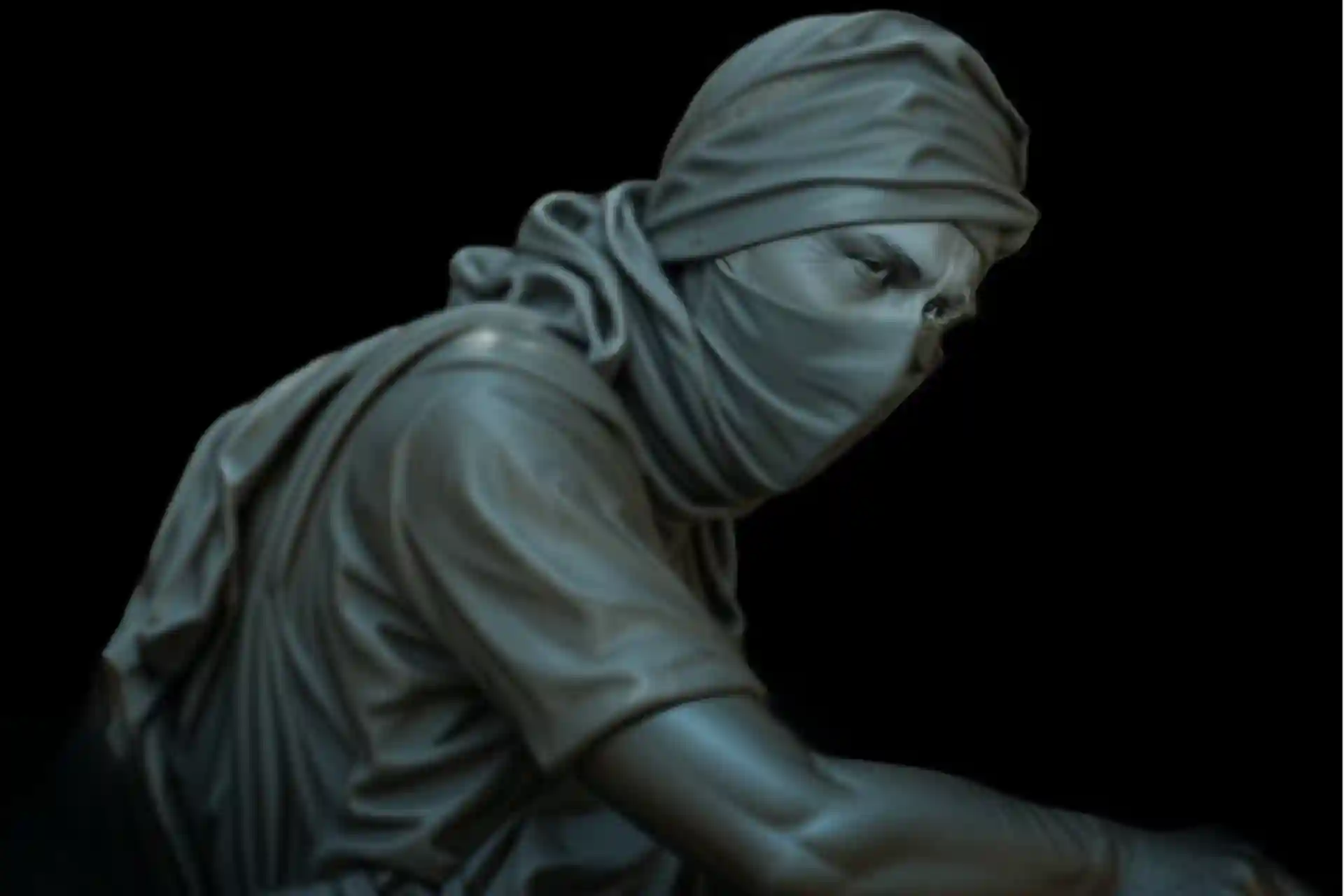"The Carnation and the Thorn" – Yahya Sinwar (story, part 22)
A sense of superiority began to take shape in the cities. This was particularly evident in the city of Khalil. Migrants who had been pushed out of their cities and villages were looked down upon. The current patronage of villagers had begun to flourish from that time on. Although such relations between the city and the village had existed before, they intensified with the arrival of the invaders. It was as if the very fact of being driven out of one's city or village and becoming a migrant was worthy of being looked down upon. The villagers farmed, raised livestock, and brought various products made from their milk to the city to sell. With the money they earned, they bought clothes and food in the city itself, and if they had any extra, they took three or four kopecks with them, otherwise they would not have any. Even so, complacency was evident on their faces. In the early morning, young children and women would sit in the village center with baskets of eggs or fruit in their hands, waiting for the bus to arrive. After waiting for hours, they would walk for hours to reach the city. At the bus stop, this woman would buy fruit, this one would carry dairy products, and another would carry eggs. When they reached the city, merchants would come around and buy the products they brought for a pittance. After selling their products, the villagers would go straight to the market, buy what they needed, and then return to their villages. Some farmers would be forced to take the products they brought back home because they could not sell them. If their load was heavy, they would wait until a neighbor or relative came to help them. Even so, you could not see any signs of complaining about their lives in their eyes.
After being allowed to work indoors, many Palestinians learned the Jewish customs. They entered the house on Saturday after noon on Friday. Although many did not follow this, the government enforced it. No lights were turned on in any business or official workplace. Especially on the holiday called "Atonement Day," everything was stopped.
In 1973, Palestinian workers who had taken a holiday before the "Day of Atonement" returned home and sat in the neighborhood teahouse. There they would talk about their work and problems. They would joke and talk about their lives. The workers in our region were the same - they were sitting in the neighborhood laughing and laughing on October 6th. At that moment, one of the neighbors came over with a radio and shouted:
-War has broken out between the Arabs and Israel!
"What kind of war are you talking about?! Which Arabs are fighting?!" said the people surrounding him. He panted and pointed to the radio in his hand: " Here, it's on the radio. Listen..." - he said. On the radio, an Egyptian announcer was announcing that the Egyptian military had risen to its feet and attacked Sinai, regaining control there. The people who heard this looked at each other in disbelief, asking if the others had heard the same thing or if it had seemed to him. After listening to the rest of the news coming from the radio, the people threw their hats into the air with joy. The rest of the news said that Syria had also entered the war, that the war was being resolved in favor of the Arabs, and that several planes and tanks had been destroyed by the Egyptian military. The thoughts of an imminent victory occupied the thoughts of every immigrant. When everyone outside announced that they would not leave their homes and imposed quarantine, they were sitting around thinking, "God willing, this will be our last quarantine." Everyone was huddled around the radio with their families in their homes, following the process moment by moment.
To be continued...



